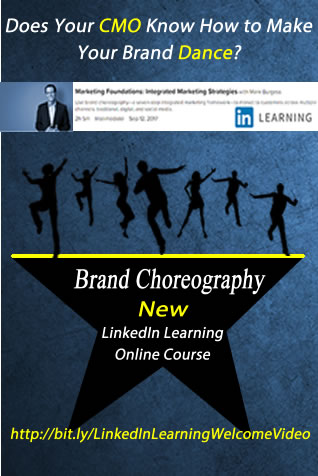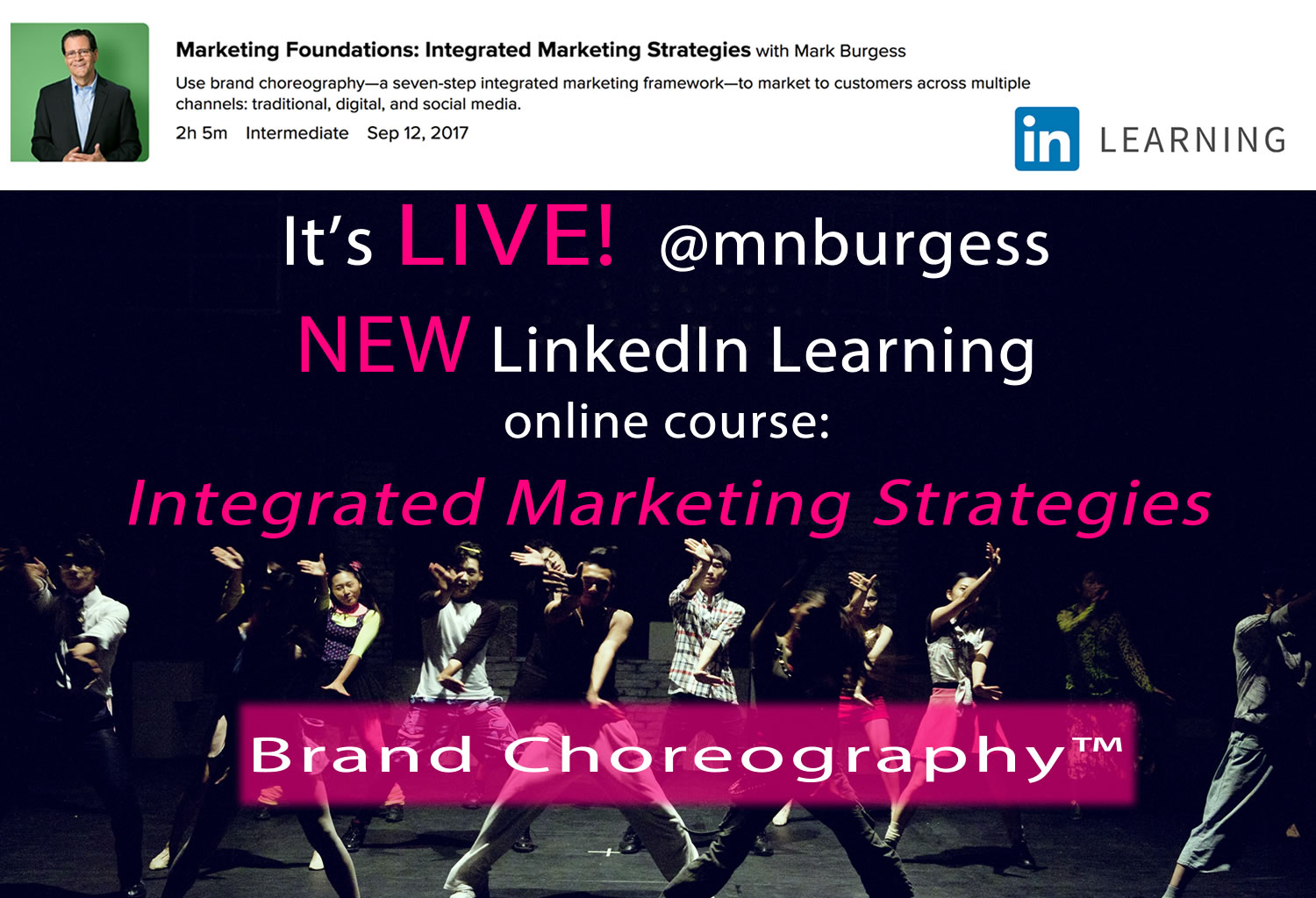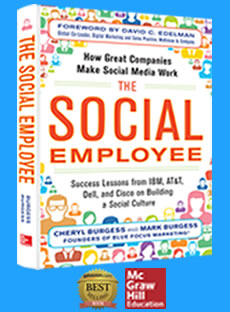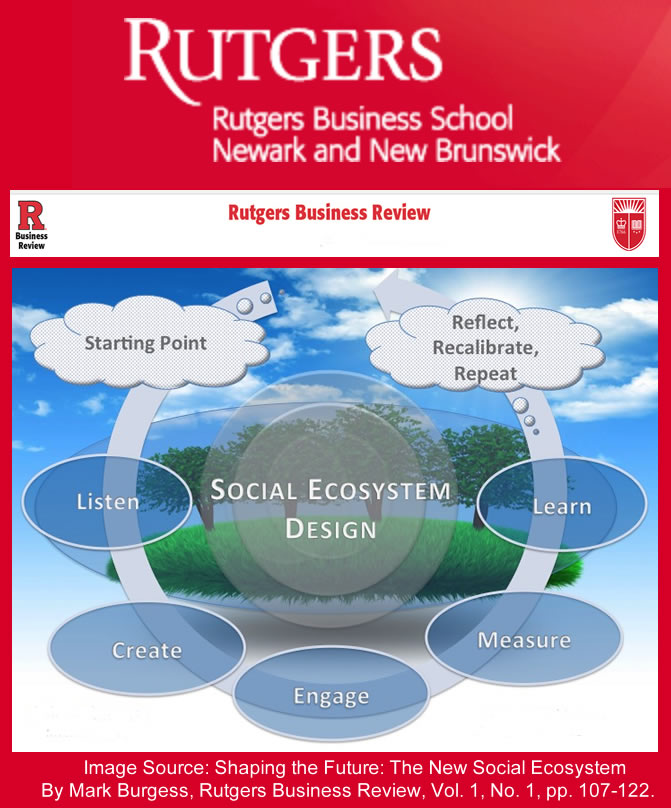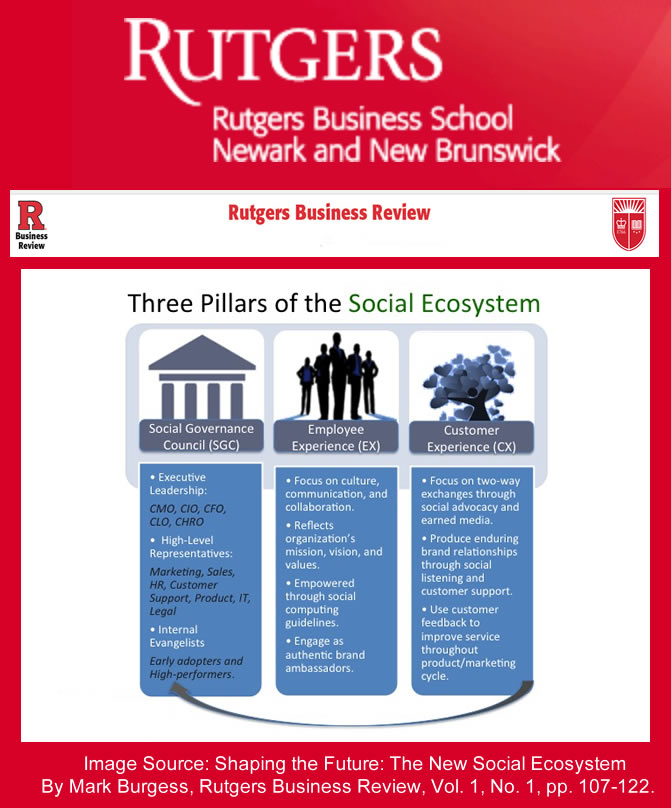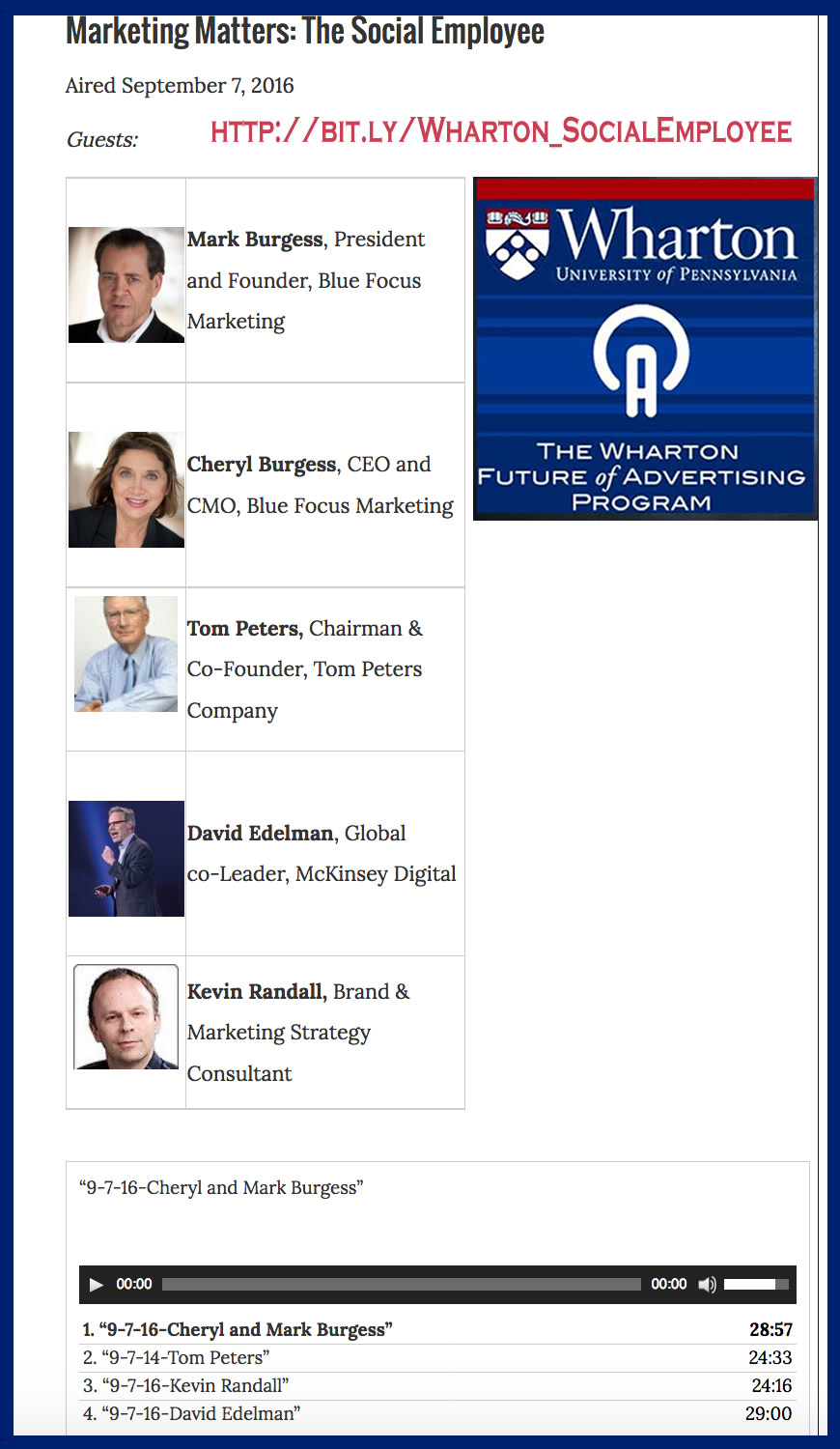In 2010, Melinda Gates said something truly profound at TEDxChange. Citing Coca-Cola as a powerful example of effective marketing, she said that non-profits must stop acting like missionaries and become more effective marketers. This is important for several reasons. Firstly, the work that non-profits are doing is so important that it must be given every chance of success. Secondly, for too long non-profits have been frustrated by a lack of resources through which to scale theirbrand awareness, fundraising and social impact. Thirdly, social media has given companies of all types, including non-profits, infinitely more reach and means by which to build their donor communities and scale their social impact.
The question then becomes how to achieve this, and there are three key elements.
- DEFINE YOUR SPECIFIC PURPOSE: Non-profits must define their purpose in a unique and compelling way. Non-profits now face competition from both purposeful for-profit brands and a growing number of non-profits. As a result, there is increased pressure on a non-profit to clearly define what it stands for and what its purpose is. In many cases, non-profits confuse their cause with their purpose. But the danger here is that they merely identify with the category, giving donors no reason to choose them over a competitor. The solution for this is to look at the area in which you are working, whether it’s sustainability, education, or clean water, and frame a distinct point of view on that topic and communicate that strategically across all your marketing, including social media outreach.
- TWO-WAY DIALOGUE: Traditional media was a one-way channel, which gave buyers or donors very little opportunity for feedback. As a result, brands quickly came to see themselves as the center or “celebrity” of their communities. But with the arrival of social media, supporters were given the opportunity to talk back to non-profits, offering insights into how to improve products, services or marketing to better serve their cause. As a result, every non-profit needs to reframe how they market to become the chief celebrant of their community. This has huge implications for how a non-profit tells its brand’s story because it’s no longer simply about directing attention or funds or awareness to the non-profit itself, but rather demonstrating how the non-profit serves shared values and a common purpose with their donors. Seen through this new filter, marketing communications become very different, and it’s absolutely critical if you want to use social media in a way that inspires your donors to become brand ambassadors.
- STRATEGIC PARTNERSHIPS: In this hyper-connected world, every non-profit has the opportunity to connect not just with more donors, but with other like-minded organizations (non-profit or cross-sector), that can help achieve their goals more quickly. In so doing, they can inspire greater engagement from their donors. It’s this ability to find for-profit companies whose core values are in alignment with the non-profit’s cause, or to partner with other non-profits that are working towards the same goal, that will allow for the cross-pollination of communities, and the scaling of fundraising and social impact. To achieve this, non-profits must reframe their thinking to be less proprietary or protective of their own brands and more collaborative in the way they work with partners to achieve their common goals.
Every non-profit must address these three challenges if they want to respond effectively to changes in today’s social business marketplace, and have the impact on our world that they so richly deserve to achieve.
If you’re interested in building the reputation, fundraising and impact of your non-profit brand, the We First Social Branding Blueprint reveals the best practices of the smartest for-profit brands so you can take advantage of them. As a special offer, anyone who purchases the program receives an additional online access to give to a non-profit colleague. And, for this week only, you will also receive two free tickets to the We First Social Branding
Seminar to be held in Los Angeles in February 2013. Click here now to turn your non-profit into a leading social brand.
Simon Mainwaring is the founder of the social branding firm, We First and author of the New York Times bestseller, We First(named Best Marketing book of 2011 by strategy+business. Connect with Simon @simonmainwaring and facebook.com/wefirst



